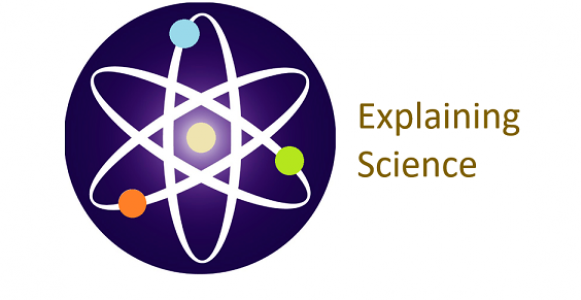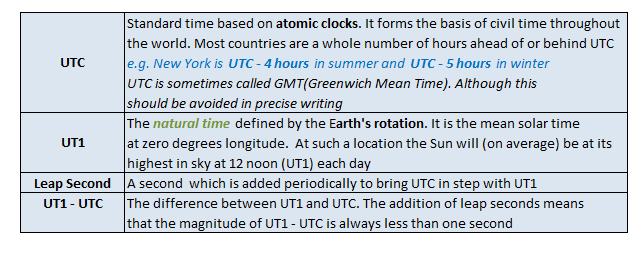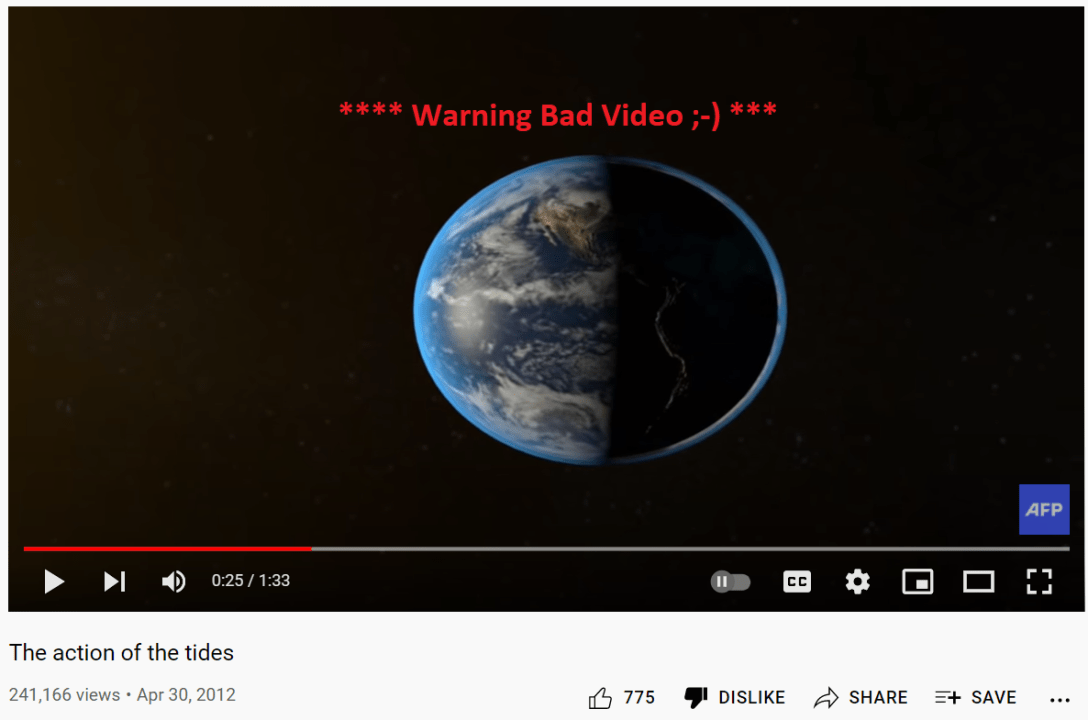With all the events going on in the world it passed almost unnoticed that a decision was made recently to abolish the leap second. The resolution was made on 18 November 2022 during a meeting held in Paris held by the International Bureau of Weights and Measures. What is a leap second? The length of… Continue reading No more leap seconds
Tag: Earth
Overview of tides
Even though the Moon is far smaller and less massive than the Earth its gravitational field still has significant effects on our planet. The most noticeable of these are tides, the periodic rise and fall of sea levels. In this post I'll give an overview of the causes of tides. This is something which many… Continue reading Overview of tides
The changing pole star
Many people know that Polaris, the brightest star in the constellation Ursa Minor (The Little Bear), is also known as the pole star. Indeed, the name Polaris itself was invented in the sixteenth century and is derived from the Latin stella polaris -pole star. The location of Polaris - Image credit Wikimedia Commons Polaris is… Continue reading The changing pole star
Staying on the Moon
Until the outbreak of the global pandemic there was a good chance that mankind would return to the Moon in the next ten years, even if the deadline of project Artemis to have a manned mission in 2024 was a little ambitious. It will be some time before the effects of the current crisis on… Continue reading Staying on the Moon
Solar energy
A revised and updated version of this post is at Opportunities for solar energy In this post I’ll talk about some of the science behind this interesting fact and I’ll also discuss how solar energy is likely to become more important to us in the future. The facts behind this amazing statistic The Sun generates… Continue reading Solar energy


